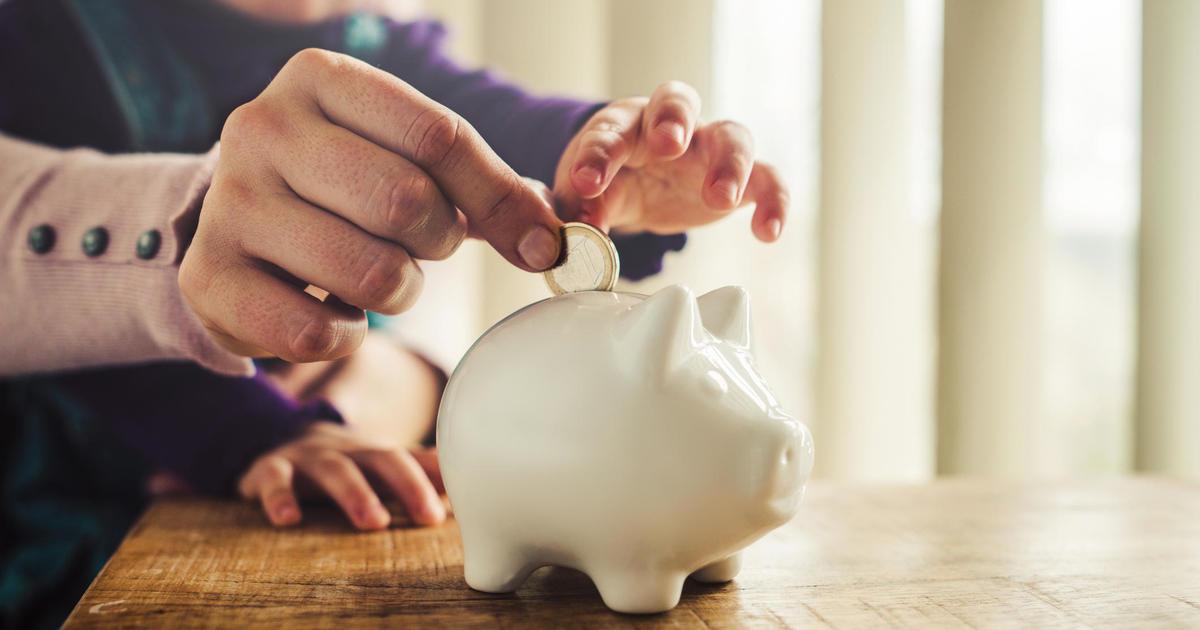Stocks tumble on recession fears, with the S&P 500 nearing a bear market
Stocks closed lower on Thursday, one day after the Dow Index suffered a 1,100-point rout. Investors remained jittery amid continuing fears that high inflation is chilling consumer spending and crimping corporate profits.
The Dow Jones Industrial Average shed 236 points, or 0.7%, closing at 31,253. The S&P 500 dropped 0.6% and the tech-heavy Nasdaq Composite index lost 0.3%.
The pullback shows "that the market is trying to find direction," Lindsey Bell, chief markets and money strategist at Ally Invest, told the Associated Press. "There's just still a significant amount of uncertainty, especially in regard to what the (Federal Reserve) is going to do, how that's going to impact growth in the future, and additionally, where the heck is inflation going from here."
Wall Street is worried about the potential for a downturn in the face of headwinds including the stiffest inflation in 40 years and rising interest rates. Tightening monetary policy could create a bumpy landing — and even a recession — causing economic growth to slow. Grim quarterly earnings reports from retailers such as Target and Walmart this week have fueled investors' concerns.
The skid has put the S&P 500 on the cusp of a "bear market," which is when a stock index falls 20% or more from a recent high for a sustained period of time.
With today's slide, the S&P 500 is down 18.7% from its most recent high of 4,796 on January 3, while the Dow is 14.4% below its most recent peak. The Nasdaq had already entered bear territory and is down 29% from its most recent peak in November.
Bear markets: How long do they last?
Since World War II, bear markets on average have taken 13 months to go from peak to trough and 27 months to get back to break even. The S&P 500 index has fallen an average of 33% during bear markets in that time. The biggest decline since 1945 occurred in the 2007-2009 bear market, when the S&P 500 fell 57%.
History shows that the faster an index enters into a bear market, the shallower they tend to be. Historically, stocks have taken 251 days (8.3 months) to fall into a bear market. When the S&P 500 has fallen 20% at a faster clip, the index has averaged a loss of 28%.
The longest bear market lasted 61 months and ended in March 1942, with the index tumbling 60%.
What's driving the market down?
A rash of disappointing earnings reports by major retailers has sparked the most recent selloff, with Target losing a quarter of its value after reporting quarterly results that fell far short of analysts' forecasts. Inflation, especially for shipping costs, dragged its operating margin. Target fell another 5.1% on Thursday.
Target's report came a day after Walmart said its profit took a hit from higher costs. Investors interpreted the reports as evidence that inflation is weighing on consumers, who are holding back on purchasing big-ticket items and changing from national brands to less expensive store brands.
Wall Street is also concerned about "the ability of companies to pass along higher costs, something that was questioned but which found somewhat of an answer with the retailer's earnings reports," said Quincy Krosby, chief equity strategist for LPL Financial, in a research note.
Krosby added, "To be sure, consumers continue to spend, but many of the top retailers are unable to pass along the higher labor costs and higher prices wrought by a still constrained supply chain."
Technology stocks have been some of the most volatile holdings. The sector includes heavyweights like Apple that have lofty valuations, which tend to push the market more forcefully up or down. The sector has been hit especially hard by the Fed's policy shift to raise interest rates. Low rates help support investments considered more risky, like tech stocks, and higher rates lessen the incentive to take that risk.
— With reporting by the Associated Press.



